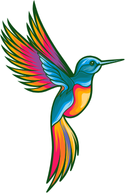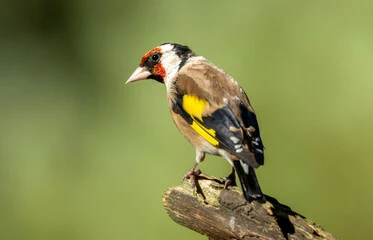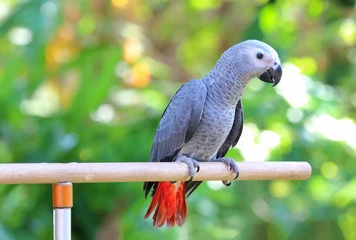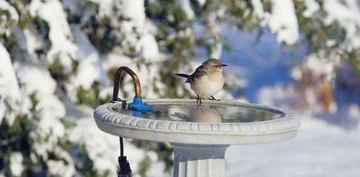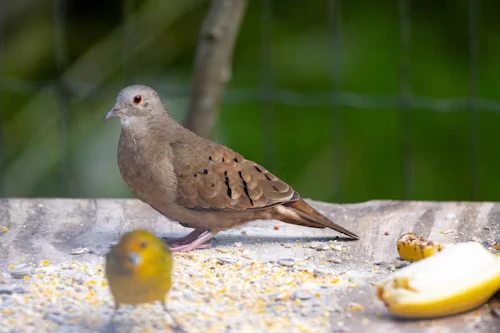How Long Can A Bird Go Without Food? Happy Survival Facts
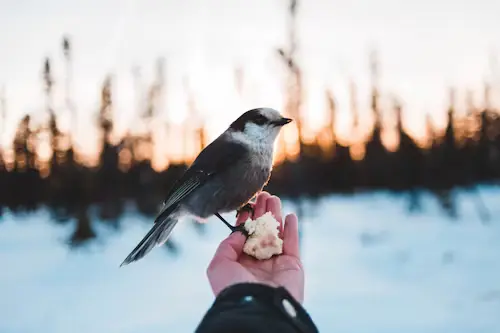
Imagine waking up to find your beloved parrot refusing to eat. Your heart races—how long can a bird go without food? Whether you’re a concerned bird owner, a wildlife rescuer, or just fascinated by avian biology, understanding a bird’s fasting limits is crucial for their well-being.
Birds, with their high metabolic rates, process energy quickly. Smaller birds, like finches and budgies, may only last a day or two without food, while larger birds, such as parrots and raptors, can endure longer. But starvation is never safe—prolonged fasting leads to severe health risks.
In this guide, we’ll explore how long can a bird go without food, factors affecting their endurance, and how to ensure your feathered friends stay nourished.
Table of Contents
How Long Can A Bird Go Without Food? Breaking Down the Limits
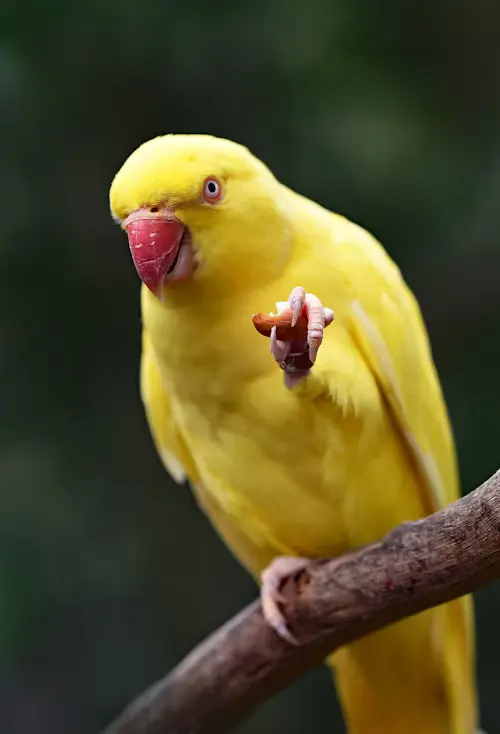
Several factors determine a bird’s ability to go without food, including species, size, and environmental conditions. Here’s a general breakdown:
| Bird Size | Estimated Survival Time Without Food | Key Considerations |
|---|---|---|
| Small Birds (e.g., finches, canaries) | 24-48 hours | High metabolism means rapid energy depletion. |
| Medium Birds (e.g., cockatiels, budgies) | 1-3 days | May conserve energy if inactive but still vulnerable. |
| Large Birds (e.g., macaws, eagles) | 3-5 days | Can last longer due to fat stores, but dehydration is a risk. |
| Baby Birds | 12-24 hours | Require frequent feeding—starvation risk is high. |
Note: These are general estimates—stress, illness, or extreme temperatures shorten survival time.
Why Birds Starve Quickly: The Role of Metabolism
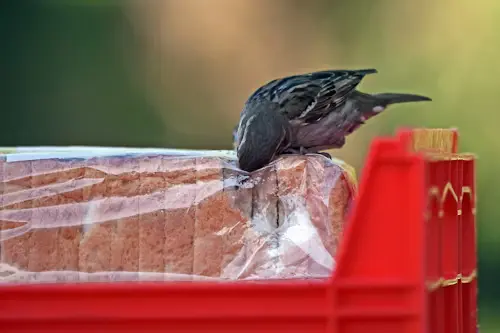
Birds have fast metabolisms, meaning they burn energy rapidly to maintain body temperature and activity. A hummingbird, for example, may starve within hours if deprived of nectar, while a crow might last longer.
Key metabolic factors affecting bird fasting duration:
- Body Size: Smaller birds lose heat faster, requiring constant food intake.
- Activity Level: Wild birds foraging burn energy quicker than captive, sedentary ones.
- Health: Illness or parasites weaken birds, reducing their endurance.
For pet birds, skipping meals is dangerous. Unlike some animals, they lack significant fat reserves and can suffer liver damage from prolonged fasting.
Bird Feeding Frequency: How Often Should You Feed Your Pet Bird?
Preventing starvation starts with a proper feeding schedule. Below are general guidelines, but always tailor meals to your bird’s species:
| Bird Type | Daily Feeding Frequency | Food Requirements |
|---|---|---|
| Baby Birds | Every 20-30 minutes (hand-fed) | Specialized formula via syringe. |
| Small Parrots (Budgies, Lovebirds) | 2-3 main meals + snacks | Pellets, seeds, fresh veggies. |
| Medium Parrots (Cockatiels, Conures) | Twice daily + foraging opportunities | Balanced diet with nuts, fruits, and greens. |
| Large Parrots (Macaws, African Greys) | 1-2 main meals + enrichment feeding | High-fat nuts, vegetables, protein sources. |
Pro Tip:
- Foraging toys encourage natural feeding behavior and prevent obesity.
- Fresh water should always be available—dehydration accelerates starvation.
Check out our guide on bird food basics for more diet tips.
Signs Your Bird Is Starving: When to Act Fast
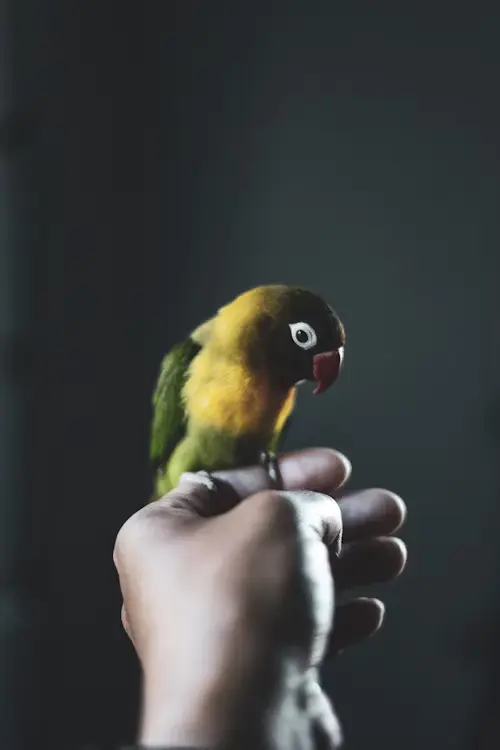
Recognizing early symptoms of starvation could save your bird’s life. Look for:
✔ Lethargy – Weakness, reluctance to move.
✔ Fluffed Feathers – A sign of illness or energy conservation.
✔ Weight Loss – Visible keel bone prominence (check breastbone).
✔ Decreased Droppings – No food = fewer feces.
✔ Unresponsiveness – A critical emergency sign.
If your bird hasn’t eaten for over 24 hours, consult an avian vet immediately.
FAQs: Your Burning Questions Answered
How long can a baby bird go without food?
Baby birds need constant feeding—every 20-30 minutes during daylight hours. Without food, they may starve within 12-24 hours.
Can birds recover from starvation?
With prompt care, yes. However, organ damage can be irreversible if prolonged. Hydration and gradual refeeding are critical.
Do wild birds starve faster than pet birds?
Wild birds often expend more energy foraging, making starvation quicker—but their survival instincts help them locate food efficiently.
For more insights, see this Quora discussion on bird fasting.
Conclusion: Never Risk Your Bird’s Health
While some birds can survive 1-3 days without food, pushing these limits risks severe consequences. Regular feeding, fresh water, and monitoring are essential for your bird’s health.
Have questions? Share your experiences in the comments below! And explore more feeding guides like cockatiel nutrition and Quaker parrot diets to keep your feathered friend thriving.
